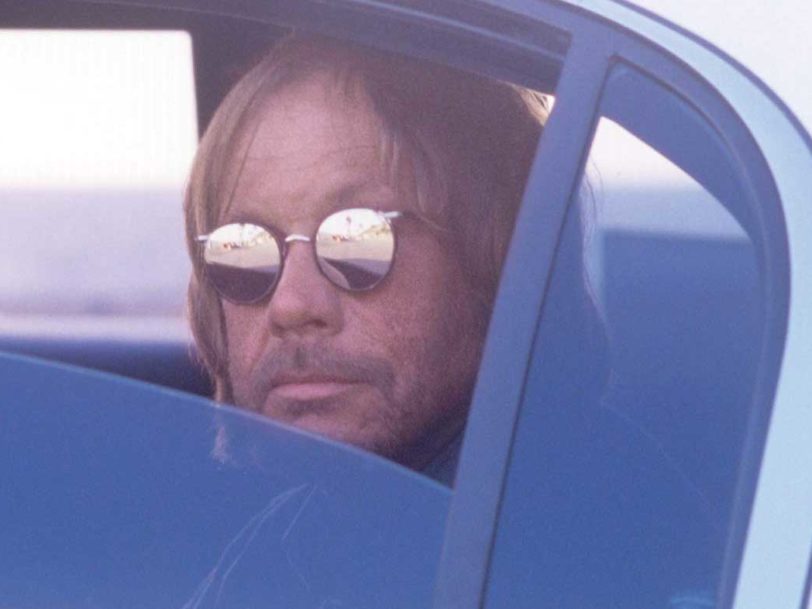Warren Zevon was unquestionably one of the best literary songwriters in music. The Chicago-born musician said he grew up “reading every word of Norman Mailer and John Updike”, and loved the company of writers. Author Mitch Albom, who co-wrote the song Hit Somebody! (The Hockey Song) with Zevon for the 2002 album My Ride’s Here, said that the musician’s apartment “was high walls of books”, including those of Kurt Vonnegut and Franz Kafka.
Listen to My Ride’s Here here.
“I loved that Warren loved it”
Albom, who was in the process of writing the global bestseller The Five People You Meet In Heaven at the time he joined forces with Zevon, had a background as a sports journalist, and sometimes jammed with the songwriter. “Warren was always asking me to write him a sports song. ‘Make it hockey,’ he’d say. ‘Nobody sings about hockey.’ So one night we sat in the basement with a guitar and a piano and a case of Mountain Dew, Warren’s favourite, and in three hours, we put music to lyrics I had written about a misunderstood hockey goon. Warren loved it. And I loved that Warren loved it.”
The witty lyrics, about a Canadian farm boy who grows up to be a star in the violent world of hockey, featured the voice of television host David Letterman as an obnoxious fan who keeps yelling “Hit somebody!” Paul Shaffer, the Canadian multi-instrumentalist who served as musical director on Late Night With David Letterman, played organ on the track.




